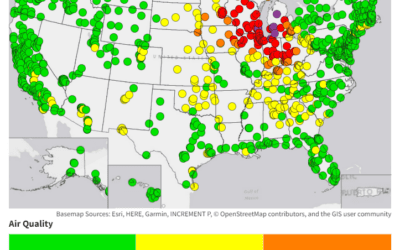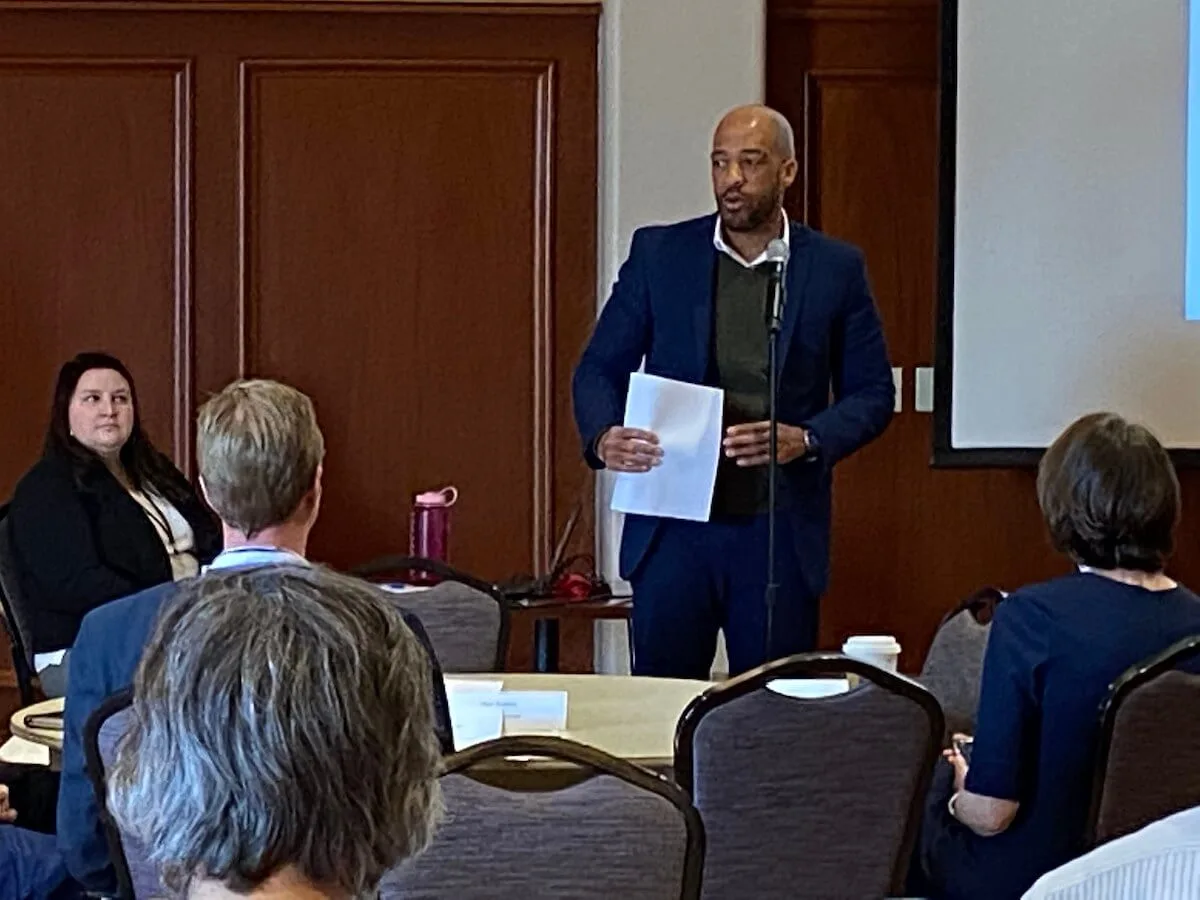
#image_title
Barnes shares comments at Wisconsin Conservation Voters’ event.
From work being accomplished on a climate task force he oversees, to actions cities across Wisconsin are taking to use more clean energy, Lt. Gov. Mandela Barnes said he is optimistic about changes to approve the environment occurring across the state.
But more must be done sooner to stave off continued adverse impacts on our environment, Barnes said during an online discussion Monday about the environment and climate change titled “Earth Talk Live.” The event was sponsored by Wisconsin Conservation Voters.
As part of his address, Barnes praised the efforts of more than a dozen state communities that have pledged to be carbon neutral by 2050. However, given the accelerating climate change crisis causing global changes, such efforts to reduce impacts on the environment must be accelerated, he said.
“That is still too long in my opinion,” Barnes said of the 2050 compliance date. “We need to be pushing way faster. It will be much better for all of us the quicker we can get this done.”
Eau Claire was among the first cities in Wisconsin to pledge to go carbon neutral by 2050, when the City Council approved a resolution in February 2018. Since then other communities, including Menomonie and River Falls, have taken similar action.
“People in our community really have shown an interest in making sure we are taking care of our environment,” said Eau Claire City Council member Andrew Werthmann, an advocate for that action.
Barnes praised cities recognizing the need for committing to environmentally friendly measures even as President Donald Trump has been critical of such measures and ordered the United States to withdraw from the Paris Agreement on climate change.
“That is the type of leadership we want to put on display,” Barnes said of cities statewide adopting rules to reduce their environmental impact.
Since Gov. Tony Evers was elected in 2018, state officials have begun steps to improve environmental regulations after nearly a decade of harm to the state’s land, air, and water under Republican Party leadership, Barnes said. The governor declared 2019 the “year of clean drinking water” and has worked to reduce lead, nitrates, and PFAS in water.
In addition, Barnes said, the state Department of Natural Resources is rebuilding staffing and has more permitting authority than in recent years. The state is once again making science-based decisions, he said, and has reinstated the phrase “climate change” to DNR documents after that phrase was deleted during former Gov. Scott Walkers’ tenure.
“(Climate change) was an issue that got none of the bandwidth it deserved” under the Walker administration,” said Barnes, a former Democratic Assembly member from Milwaukee.
Convincing people of the impacts of climate change, and the necessity of moving quickly to address it, is an ongoing challenge, Barnes said. More work is needed, he said, to connect with people about how the issue impacts them directly.
For instance, he said, while people may not relate directly to melting ice caps, they do begin to care about climate change when they learn that more frequent extreme weather leads to higher food prices and severe storms that damage property.
“We need to have more conversations about this, about how climate change is impacting all of our lives, Barnes said.
He praised the efforts of the Governor’s Task Force on Climate Change, made up of 32 members representing various interests formed in October by Gov. Tony Evers. The group has held numerous meetings across Wisconsin, gathering information through which it proposes environmental policy initiatives.
Among issues the group has discussed are flooding occurring with increased frequency in recent years and the adverse impacts of large farms, otherwise known as concentrated animal feeding operations, or CAFOs.
Barnes said he backs policies that would restore more family farms across Wisconsin, which have been decimated in recent years and are further threatened by economic pressures applied by the coronavirus pandemic.
“I don’t see a world where it makes sense to offer more permits for CAFOs,” he said. “I think we need to get back to a balance where family farms can thrive.”

From the top: What is this Inflation Reduction Act that’s so important to the presidential election?
It’s part of President Biden’s legislative agenda—the most productive in generations, yet few Americans know all the details of how it improves...
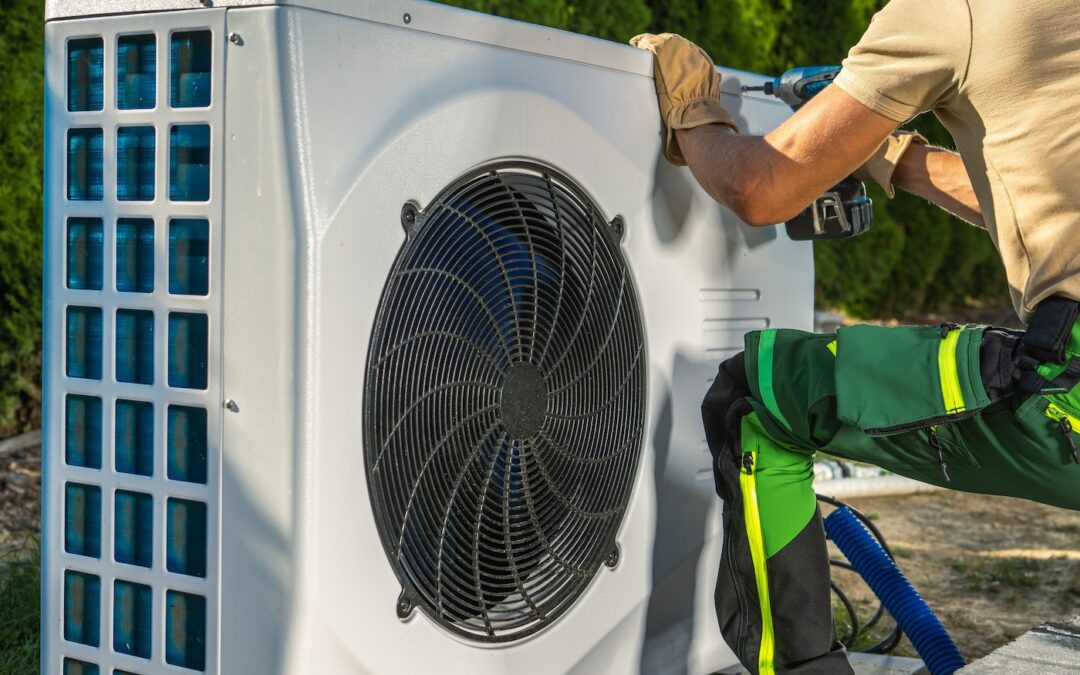
Here’s how to lower your home’s energy bill under the Inflation Reduction Act
It begins with assessing your home’s current energy use, planning improvements, then getting connected to the credits and rebates that can create...
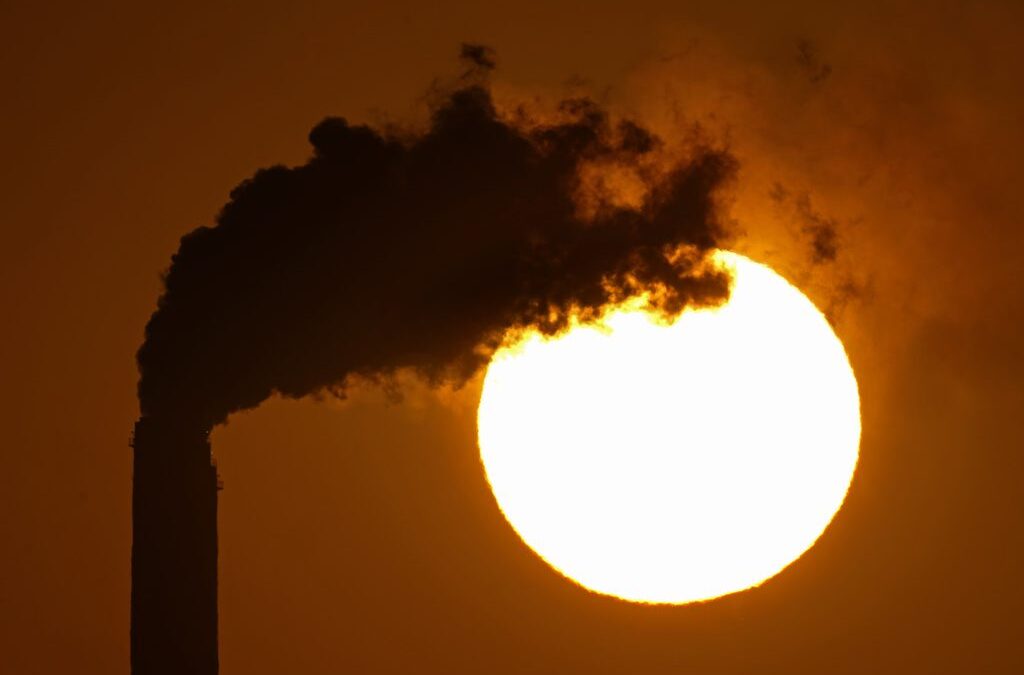
Biden’s EPA announces rules to slash coal pollution, speed up clean energy projects
The Biden administration last month announced a set of four final rules designed to reduce harmful pollution from power plants fired by fossil...
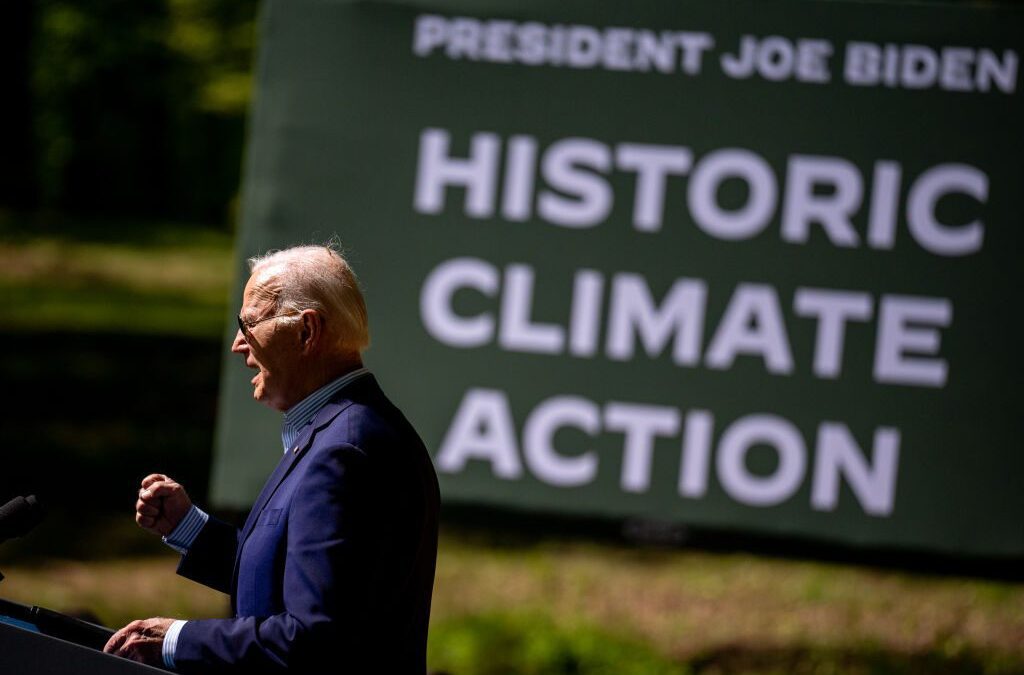
How to apply for a job in the American Climate Corps
The Biden administration announced its plans to expand its New Deal-style American Climate Corps (ACC) green jobs training program last week. ...




